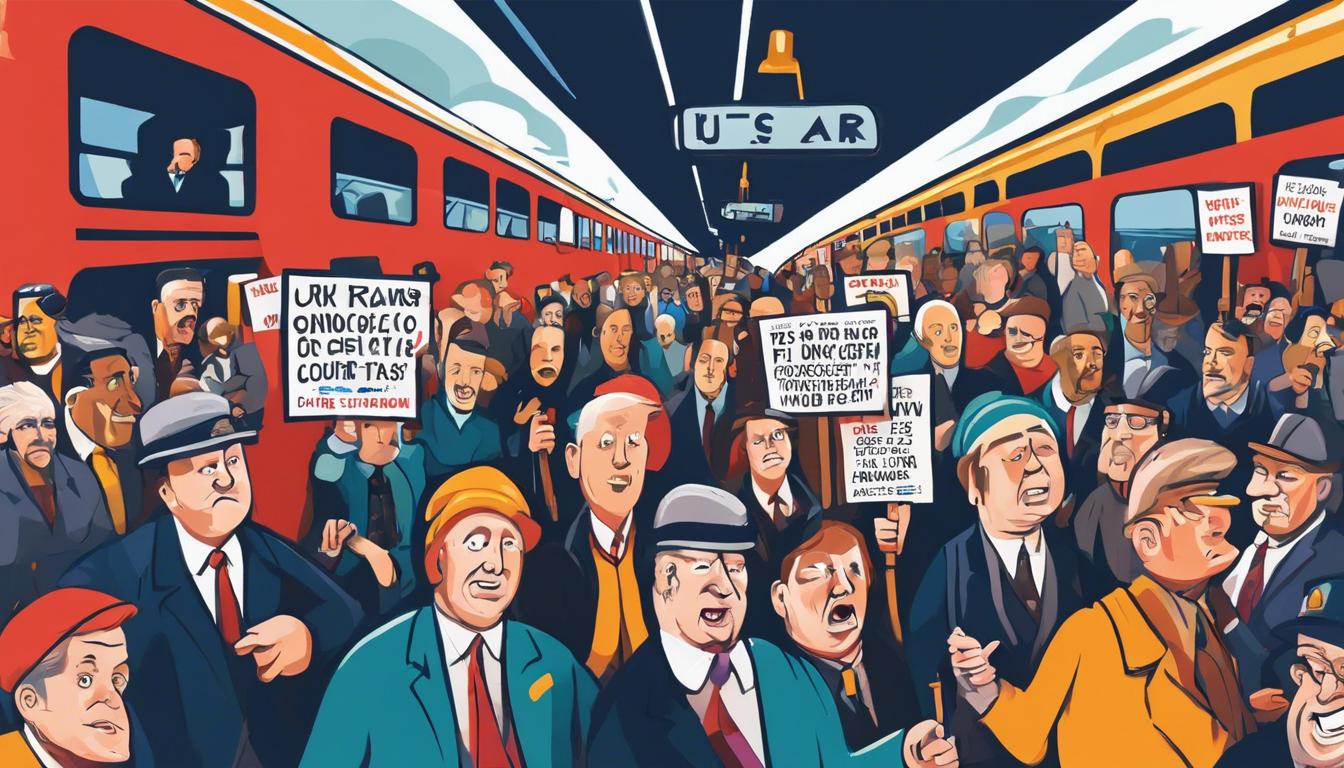The Aslef union has announced a fresh wave of strikes involving 14 rail operators in a bid to secure better remuneration and conditions, with significant disruptions expected on key services.
The Aslef union in the UK has announced a series of strikes involving 14 rail operators, set to occur on May 7, 8, and 9, 2024, with overtime bans extending from May 6 to May 11. This action is part of an ongoing dispute aimed at securing better pay and working conditions for train drivers. Key services such as the Night Riviera sleeper train and Gatwick Express are expected to be heavily impacted.
These strikes are a continuation of previous industrial actions which have resulted in substantial cancellations and economic losses, counted in billions, affecting hundreds of millions of journeys. Aslef, pushing for a pay increase without conditions attached, stands opposed by rail firms insisting on reforms to lessen public funding reliance.
The Rail Delivery Group and the Department for Transport have voiced their concerns over the negative repercussions of the strikes on both customers and businesses. Meanwhile, the Labour Party has criticized the government’s handling of the rail disputes and suggested a need for more collaborative resolution methods.
In separate developments, Labour has proposed the nationalisation of the UK rail network, aiming to implement this change within their first term if elected. The party’s plan also includes introducing automatic delay refunds, digital season tickets, and better integration of services. This proposal has garnered support from rail unions like Aslef and the RMT, but faced skepticism from industry groups that question its financial viability and long-term effectiveness.
Historically, the UK rail system has shifted between public and private ownership, with the current structure largely shaped by the privatization process initiated in 1994. Labour’s nationalisation plan represents a significant shift towards increased public control, reflecting broader debates about the best model for managing national infrastructure.













